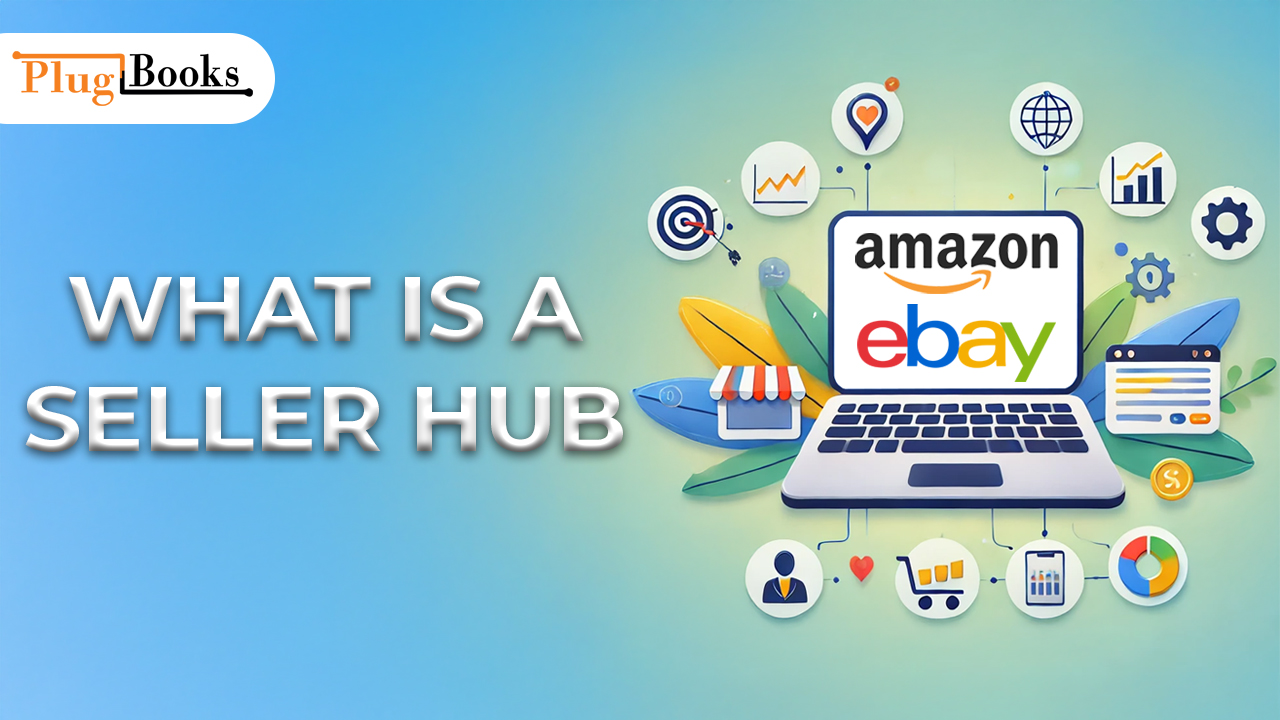If you’re an online seller, managing orders, inventory, and customer support can feel like juggling too many tasks at once. That’s where a seller hub comes in. Whether you’re new to e-commerce or looking to level up your existing store, a seller hub can be the game-changer you need. how can it help you grow your online business?
In this post, we’ll explore the concept, its key features, and why it’s essential for maximizing your efficiency and boosting your sales. Let’s dive in!
What is a Seller Hub?
A Seller Hub is a centralized platform that simplifies managing your online store. It brings together tools to track sales, manage inventory, and handle customer inquiries. Think of it as an all-in-one dashboard that saves time and boosts productivity.
Many e-commerce platforms, like Amazon, eBay, and Etsy, offer their own version of a hub to help merchants efficiently manage their operations. By having all the essential tools in one place, sellers can focus more on growing their business and less on administrative tasks.

Key Features
Seller hubs offer a wide range of features tailored to meet the needs of online sellers. Here are some of the most important ones:
1. Order Management
A good hub will allow you to easily track and manage your orders. You can view the status of each order, update shipping information, and communicate with customers directly—all from the same interface. This simplifies your workflow and ensures that you never miss an order.
2. Inventory Control
Managing stock can be a challenge for online stores, but it typically includes tools that help you monitor inventory levels in real-time. Some hubs even allow you to set up automated alerts when stock is running low, so you never run out of popular items.
3. Customer Service Tools
Keeping customers happy is key to success. A seller hub lets you respond to inquiries, resolve issues, and manage returns in one place. This improves response times and boosts satisfaction.
4. Analytics and Reporting
A powerful seller hub provides detailed reports and analytics on sales, conversion rates, and traffic. These insights help you make data-driven decisions to boost your store’s performance.
How Can Boost Your Business
Using a seller hub can have a significant impact on your e-commerce business. Here’s how:
1. Efficiency and Time Savings
By consolidating all of your tools in one platform, a hub minimizes the need for switching between different software or systems. This not only saves time but also reduces the chance of errors. With everything in one place, managing your store becomes much easier.
2. Improved Organization
A seller hub centralizes inventory, sales, and customer communication. This keeps your business organized and easier to scale.
3. Better Customer Experience
With features like faster order processing and improved communication tools, it helps enhance the overall customer experience. Happy customers are more likely to leave positive reviews and return for repeat purchases, boosting your store’s reputation.
4. Increased Sales Opportunities
By tracking your sales data and gaining insights into what’s working and what’s not, you can tailor your marketing efforts to boost conversions. A hub also helps you optimize your listings and inventory, ensuring you don’t miss out on popular items that can drive more sales.
5. Streamline Finances with Integrated Data Tools
PlugBooks.io seamlessly integrates with Amazon and eBay, allowing you to manage your business finances effortlessly across multiple platforms. By connecting with these marketplaces, you can automate tracking of sales, expenses, and profits in real time, simplifying your financial management. Visit PlugBooks.io to connect your accounts and streamline your operations today!

How to Choose the Right Seller Hub for You
Not all seller hubs are created equal, and the best one for your business will depend on factors like the platform you sell on, your business size, and your specific needs. Here are some tips to consider:
- Platform Compatibility: Make sure it integrates with your current e-commerce platform.
- Ease of Use: Look for an intuitive interface that doesn’t require a steep learning curve.
- Features: Ensure the hub offers the specific tools and features you need, such as reporting, customer service support, and inventory management.
- Pricing: Compare different seller hubs and their pricing structures to find one that fits your budget.
Conclusion
In today’s fast-paced e-commerce world, a seller hub is essential for any online seller looking to streamline their operations and boost efficiency. With its ability to manage orders, track inventory, improve customer service, and offer insightful analytics, a seller hub can be your best friend in growing your business.
So, if you’re ready to take your online store to the next level, consider integrating a seller hub into your daily operations. With the right tools in hand, you’ll be on the fast track to success!

![Seller Hub Overview for E-commerce [2026] Save Time & Grow discount](http://plugbooks.io/wp-content/plugins/revslider/sr6/assets/assets/dummy.png)



2 thoughts on “Seller Hub Overview for E-commerce [2026] Save Time & Grow”